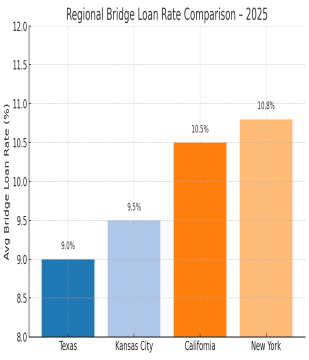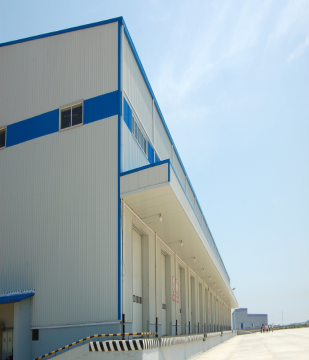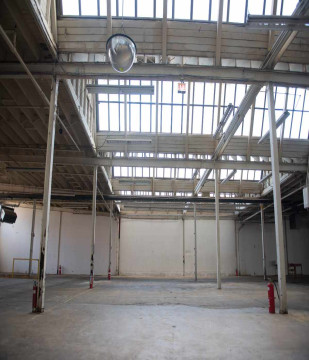Understanding Tenancy at Will: A Guide for CRE Investors

Terrydale Capital
Jun 18, 2024 6 Min read
 Learn
Learn
When diving into the world of commercial real estate, investors encounter various types of lease agreements, each with its own set of rules, benefits, and potential drawbacks. One such arrangement is the "tenancy at will." This guide aims to provide a comprehensive overview of what tenancy at will entails, its pros and cons, and crucial considerations for commercial real estate investors.
What is Tenancy at Will?
Tenancy at will is a type of lease agreement where either the landlord or the tenant can terminate the arrangement at any time without providing advance notice, although local laws might require a minimal notice period. Unlike fixed-term leases, which specify a start and end date, tenancy at will continues indefinitely until either party decides to end it.
Key Features of Tenancy at Will
- Flexibility: Both parties can end the tenancy at their discretion.
- No Fixed Term: The lease continues indefinitely until terminated.
- Informal Agreement: Often, these arrangements may not involve a formal written lease, though having one can clarify terms and conditions.
Benefits of Tenancy at Will
For both landlords and tenants, tenancy at will offers unique advantages:
- Flexibility: This arrangement provides unparalleled flexibility. Tenants who need short-term occupancy without long-term commitments find this beneficial, as do landlords who might be considering redevelopment or sale of the property.
- Simplicity: Without the need for a complex lease agreement, tenancy at will can simplify the leasing process.
- Quick Adaptability: Both parties can quickly adapt to changing circumstances. If a better opportunity arises, either party can move on without significant penalties or delays.
Drawbacks of Tenancy at Will
Despite its benefits, tenancy at will comes with several potential disadvantages:
- Uncertainty: The lack of a fixed term can create uncertainty for both parties. Tenants might suddenly need to vacate, and landlords may face unexpected vacancies.
- Instability: For tenants, the constant threat of termination can disrupt business operations. For landlords, unpredictable tenant turnover can lead to inconsistent income.
- Limited Legal Protections: Tenancy at will may offer fewer legal protections compared to formal lease agreements, potentially leading to disputes over the terms of tenancy.
Considerations for Commercial Real Estate Investors
When dealing with tenancy at will, commercial real estate investors should keep several factors in mind:
- Market Conditions: In a volatile market, tenancy at will can be risky due to potential instability in occupancy and rental income.
- Property Use: Consider the property's current and future use. If long-term tenants are preferred, a fixed-term lease might be more suitable.
- Legal Requirements: Familiarize yourself with local laws regarding notice periods and tenant rights. While tenancy at will offers flexibility, compliance with legal obligations is crucial.
- Documentation: Even if tenancy at will doesn't require a formal lease, having a written agreement outlining basic terms can prevent misunderstandings and legal disputes.
- Tenant Screening: Thoroughly vet potential tenants. In a tenancy at will arrangement, the ease of termination should not replace due diligence in tenant selection.
- Exit Strategy: Have a clear exit strategy in place. Whether it’s redevelopment, sale, or transitioning to a different lease type, planning ahead can mitigate the inherent risks of tenancy at will.
Conclusion
Tenancy at will can be a double-edged sword in the realm of commercial real estate. Its flexibility and simplicity are appealing, but the uncertainty and potential instability require careful consideration. By understanding the nuances of tenancy at will and weighing its benefits and drawbacks, commercial real estate investors can make informed decisions that align with their investment goals and market conditions. Whether to embrace or avoid tenancy at will ultimately depends on individual circumstances and strategic objectives. When it comes to the commercial real estate sphere, having the right team behind you can make the process that much easier, and Terrydale Capital is here to help. Contact us today.
Partner With Terrydale Capital for Your Debt Financing Needs
When it comes to debt financing, understanding the right timing, process, and options is crucial. At Terrydale Capital, we provide a comprehensive range of commercial loan solutions tailored to meet your business's unique needs.
































































































































































































































































































































































